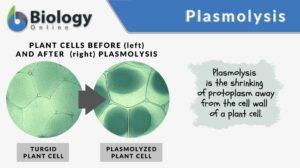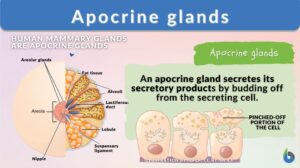Search Results for: isotonic
Isotonicity
Definition noun The state of being isotonic, or having equal tension or tonicity Supplement In biology, tonicity pertains to... Read More
Isotonic solution
Isotonic solution One that has the same salt concentration as cells and... Read More
Hypertonic
Hypertonic Definition Hypertonic is a term used to describe an entity being in the state of hypertonicity, where there is a... Read More
Hypotonic solution
Hypotonic Solution Definition What is a hypotonic solution? It refers to a solution that contains a lower amount of solute... Read More
Hypertonic solution
Hypertonic Solution Definition Hypertonic solution is a relative term that describes the solution having a higher amount of... Read More
Saline solution
Saline Solution Definition Saline solution is one the most medically-used solution, which contains sodium chloride... Read More
Antagonistic Muscle
Definition of Antagonistic Muscle What does the term “antagonistic” mean? As the name suggests, the word antagonistic... Read More
Hyperosmotic
Hyperosmotic Definition What is hyperosmotic? The word hyperosmotic is derived from two Greek words: 'hyper', meaning... Read More
Osmotic pressure
Osmotic Pressure Definition Osmotic pressure is the pressure caused by a difference in the amounts of solutes (or... Read More
Equilibrium
Equilibrium Definition In Biology Equilibrium refers to the state of balance and stability. In biology, equilibrium is... Read More
Plasmolysis
Plasmolysis is the shrinking of protoplasm away from the cell wall of a plant or bacterium. The protoplasmic shrinking is... Read More
Animal Water Regulation
Homeostatic control, a set environment, and how evolution and natural selection drives a species to adapt to its environment... Read More
Movement of Molecules Across Cell Membranes
Diffusion Diffusion is essentially the movement of molecules from a region of higher concentration to a region of lower... Read More
Osmotic Potential
Definition noun (1) The potential of water molecules to move from a hypotonic solution (more water, less solutes) to a... Read More
Hypertonicity
Definition noun The state of being hypertonic, i.e. having a greater degree of tone or tension Supplement In biology,... Read More
Muscular system
Muscular System Definition What is the muscular system? The muscular system is a system that includes muscle cells and... Read More
Turgor pressure
In biology, turgor pressure pertains to the pressure that is exerted by the fluid (e.g. water) against the cell wall. It is... Read More
Hypotonicity
Definition noun The state of being hypotonic, i.e. having lesser degree of tone or tension Supplement In biology, tonicity... Read More
Apocrine gland
The human body is a complex assemblage of many different organs, systems, glands, bones, and tissues. Weighing any one over... Read More
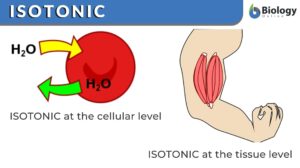



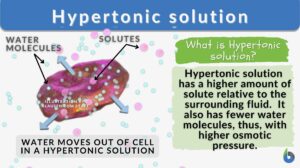
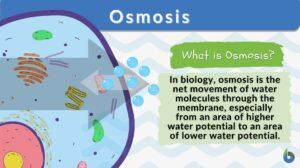
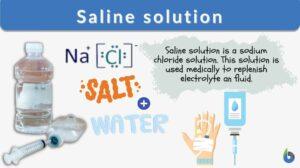






![Osmotic pressure n., plural: osmotic pressures [ɑsˈmɑtɪk ˈpɹɛʃ.ɚ] osmotic pressure definition and example](https://www.biologyonline.com/wp-content/uploads/2020/11/osmotic-pressure-definition-and-example-300x168.jpg)

